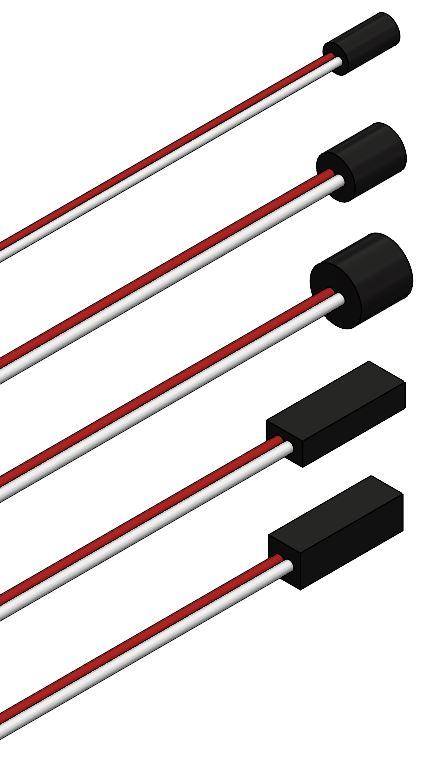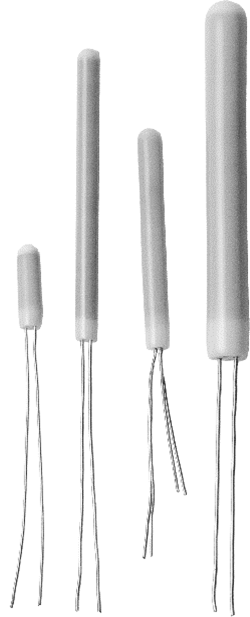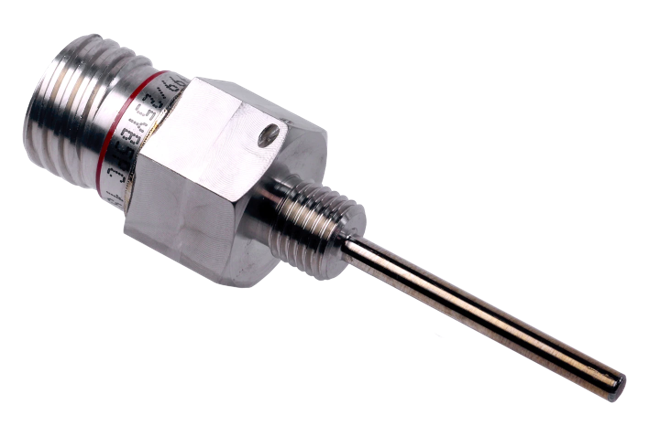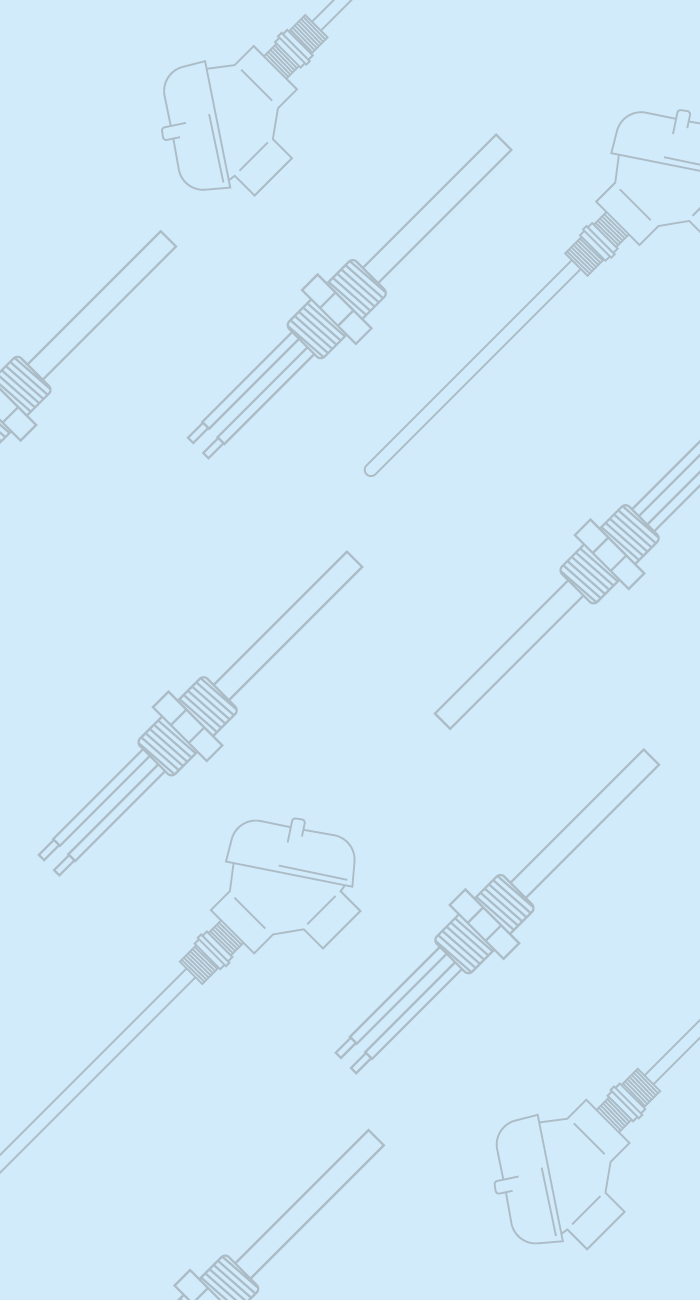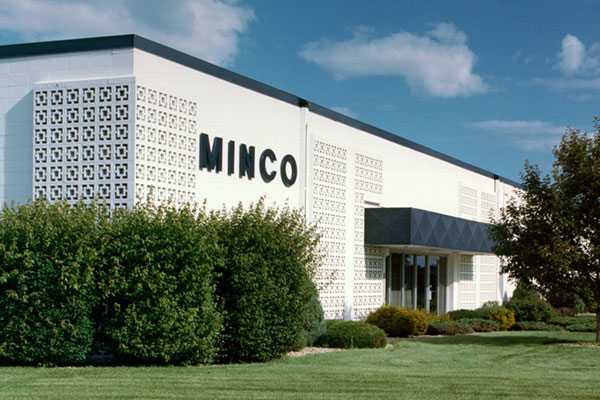
From a firm commitment to shipping quality products to looking after the safety and well-being of employees, the concept of “quality” has been a Minco guiding philosophy for more than 60 years. Whether it’s a heater, sensor, flex circuit, or a custom combination, a total commitment to quality is built into every part of Minco manufacturing operations to deliver exceptional solutions for companies around the world.
Minco’s dedicated quality team plays a major role in facilitating this quality policy via multiple in-process inspections that occur throughout the manufacturing process.
This team is a part of a larger quality management system within Minco, architected to continually improve products, processes, and services so Minco products regularly exceed customer requirements and quality objectives. From the raw materials coming into the building to the final products being shipped out to customers and anywhere along the way, every step is meticulously designed — and cross-checked — to ensure quality.
“Quality doesn’t start with our team. We have quality built into our processes all along — at every point of the build,” said Janelle French, Minco Quality Manager. “It’s not just looking at the end product and scrapping those that don’t measure up. From the very beginning, the design engineers are picking materials and spec’ing out the design to meet customers’ performance requirements.”
French’s colleague, Brandon Esler, agrees. Product quality goes beyond what a quality team reviews. It works best when every employee — especially those building the product — take responsibility for quality work with every step in the manufacturing and assembly process.
“Every employee on the production floor is empowered to stop production if they see a quality issue,” said Brandon Esler, Minco Quality Manager. “If that situation occurs, we’re going to call in a technician to review the situation and make sure we’re following the right process to resolve the issue.”
But when a product is nearly ready to ship to a customer, production floor inspectors like those on French and Esler’s teams, hold the final line for quality testing. The inspector compares the product’s form factor and performance against the design drawing and assembly information, and they confirm its adherence to any relevant certifications, such as IPC regulations.
During an inspection, tight tolerances and dimensions typically dictate the use of specialty testing equipment and measuring devices such as microscopes with reticles, micrometers, rulers, and calipers to ensure the product is within specifications and meets quality standards.
For product-related challenges that require more in-depth analysis and troubleshooting, Minco quality technicians function as higher-level inspectors, working directly with engineers and customers — sometimes even on-site at their production facilities.
Esler recounts an example of the process when a customer that was having concerns about a potential product issue. In this case, the part was already in use at the customers’ production facility. Sending it back to determine if it was conforming or non-conforming could have shut down their production for three weeks.
“I was working as a quality technician at the time, and I jumped on a plane the next morning and flew out to their facility in Connecticut,” said Esler. “They were working with a highly sensitive proprietary technology, so I remember signing a non-disclosure agreement and emptying my pockets before I could enter the production floor. I probably inspected about 200 parts on multiple lot batches. I was able to confirm the nonconforming part was only a one-off issue. Of course, one bad part is one too many, but we were glad a speedy investigation gave the customer confidence in that every other item they had on-site was ready to use in their build. And most importantly, they didn’t experience any downtime to figure it out.”
Minco’s dedicated quality team not only ensures product quality, but also oversees and facilitates the review processes to achieve and maintain multiple certifications required for the company’s manufacturing operations. In order to support the needs of Minco’s global customer base, the company has 80+ core quality certifications, including AS9100D/EN9100, ISO9001:2015, NADCAP: ELECTRONICS AC7119, and AC7119/2. The quality team recently completed a successful 91 ISO audit to maintain compliance.
French and Esler are particularly proud of their teams. Based on their years of experience, ideal team members bring some technical ability with experience reading drawings and a basic understanding of specifications and schematics. However, they both agree that the most successful team members enjoy solving problems and are intellectually curious with the ability to think creatively.
Esler is quick to point out that they also need to be good communicators and enjoy working collaboratively. Since the quality team is often working directly with the engineers who design the products, having the communication skills to build a rapport with these experts is important.
“While people in roles like ours might stereotypically be seen as “analytical types,” we also have to talk to people and be able to communicate effectively,” said Esler. “My team is full of people with many unique personalities. We’re a really well-rounded group that genuinely cares about working with others as part of our role in making sure we deliver quality products to our customers.”
French agreed and offered additional insight into how important the daily collaboration is as a member of the quality team. “I like working with people and really enjoy the meetings where we’re discussing an issue,” she said. “That whole back and forth between one another in a group to get to the bottom of a problem and solve it together … that’s one of the parts about Minco and our quality team that keeps me driven every day.”
